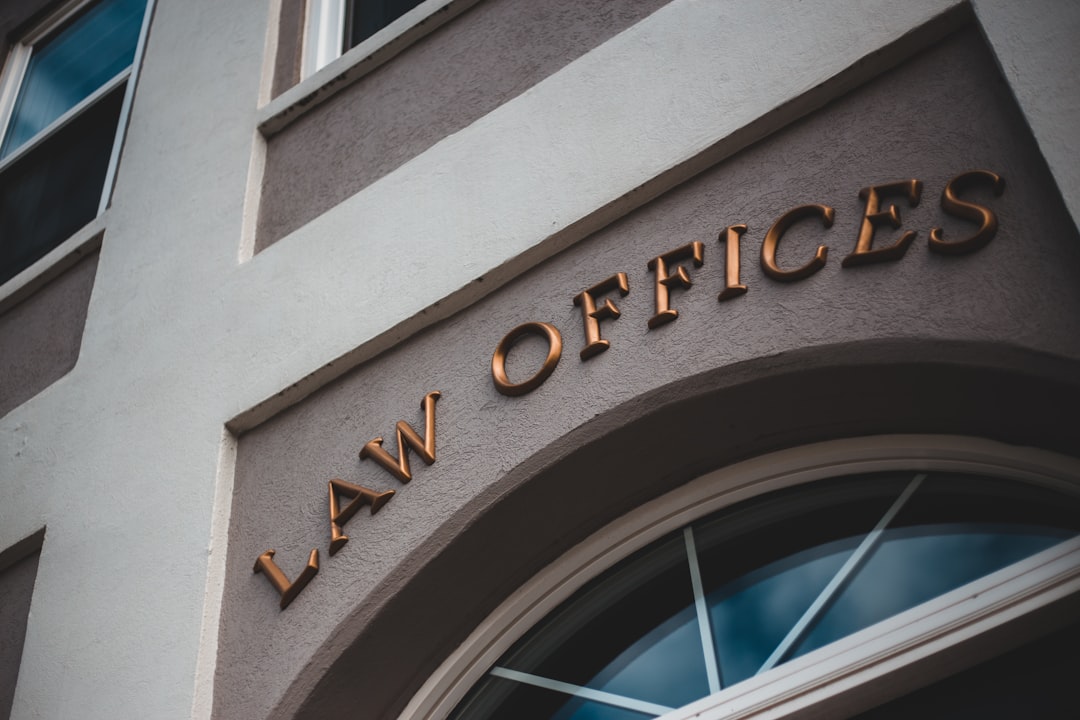Sexual assault victims in Indiana have the right to refuse testimony without negative consequences, thanks to the guidance of specialized attorneys. These professionals ensure victims understand their rights, foster safe environments, and advocate for their protection within the legal system. By supporting informed decisions, these attorneys help survivors navigate complex procedures while prioritizing emotional well-being and privacy. Alternative dispute resolution methods and non-profit services further assist victims in healing and finding justice on their terms.
In Indiana, as in many states, victims of sexual assault have the right to refuse testimony. This decision, though complex, is crucial for their autonomy and healing. Understanding the legal framework behind this right is essential, especially in sexual assault cases where consequences can be severe. Sexual assault attorneys play a vital role in supporting victims’ choices while navigating the system. Alternative approaches, including advocacy and support outside the courtroom, further empower victims to recover on their terms, with respect for their personal tapestry.
Understanding the Right to Refuse Testimony: Legal Framework in Indiana

In Indiana, like many states, victims have the right to refuse testimony if they so choose, especially in cases involving sensitive issues such as sexual assault. This legal framework is designed to protect individuals from potential retraumatization during legal proceedings. The right to refuse testimony is a crucial aspect of the criminal justice system, ensuring that victims are not compelled to relive their traumatic experiences in court.
Sexual assault attorneys in Indiana play a vital role in guiding clients through this process, explaining their rights, and advocating for their protection. They ensure that victims understand they can decline to testify without negative consequences, except in rare cases where their refusal may hinder the prosecution’s case. This support is essential in fostering a safe environment for survivors to make informed decisions regarding their legal involvement.
Consequences for Refusing to Testify in Sexual Assault Cases

In Indiana, refusing to testify in a sexual assault case can have significant consequences for the victim. The decision not to cooperate with legal proceedings can impact the outcome of the case and potentially hinder the pursuit of justice. Sexual assault attorneys in Indiana often emphasize the importance of a victim’s testimony as crucial evidence in building a strong case. When a victim declines to participate, it may weaken the prosecution’s position, making it more challenging to secure a conviction.
The consequences extend beyond the legal realm, as victims who refuse to testify might experience emotional distress and feel a sense of powerlessness. It can also create a complex web of challenges for sexual assault attorneys, who must then rely on alternative forms of evidence to prove their client’s innocence or guilt. This scenario highlights the need for victims to be informed about their rights and the potential repercussions of not participating in the judicial process, especially in cases involving sensitive topics like sexual assault.
When a Victim's Decision is Valid: Legal Safeguards and Respect for Autonomy

When a victim decides against testifying in an Indiana court case, it’s crucial to understand if their decision is valid and legally sound. In many cases, victims may feel pressured or hesitant to come forward due to fear, trauma, or other personal reasons. As such, Indiana laws are designed with safeguards to protect the rights of sexual assault victims while respecting their autonomy.
If a victim’s decision not to testify is made knowingly and voluntarily, it should be honored. Sexual assault attorneys in Indiana play a vital role in ensuring these rights by guiding victims through legal processes and advocating for them. They can provide support, explain court procedures, and help victims navigate the complexities of the justice system, ultimately allowing them to make informed choices about their involvement in the case.
The Role of Sexual Assault Attorneys in Supporting Victims' Choices

When a victim of sexual assault in Indiana decides not to testify, it’s crucial to understand that this choice is entirely theirs, and respected by the legal system. Sexual assault attorneys in Indiana play a vital role in supporting victims’ decisions and ensuring their well-being throughout the legal process. These attorneys are there to guide victims through the complexities of the justice system, offering both legal representation and emotional support.
They help victims navigate the potential consequences of not testifying while also advocating for their right to make informed choices. Sexual assault attorneys understand that each victim’s experience is unique, and their priority is to ensure that the victim’s wishes are honored. This includes protecting their privacy and providing a safe space to discuss concerns or fears related to the trial process.
Alternative Approaches: Advocacy and Support Outside the Courtroom

If a victim of sexual assault in Indiana chooses not to testify, it doesn’t mean their story goes untold. There are alternative approaches that can ensure support and advocacy outside the courtroom. Many organizations in Indiana offer specialized services for survivors of sexual violence, providing a safe space to share their experiences confidentially. These non-profit groups often have trained professionals who can help victims navigate the legal process, offer emotional support, and connect them with resources like counseling and medical care.
Sexual assault attorneys in Indiana can also play a crucial role here. They can guide victims through alternative dispute resolution methods, such as mediation or negotiated pleas, which might be less traumatic than a full trial. These attorneys advocate for the victim’s rights while exploring options that respect their comfort level and well-being. It’s important to remember that every survivor’s journey is unique, and various support systems are in place to help them heal and find justice on their terms.




